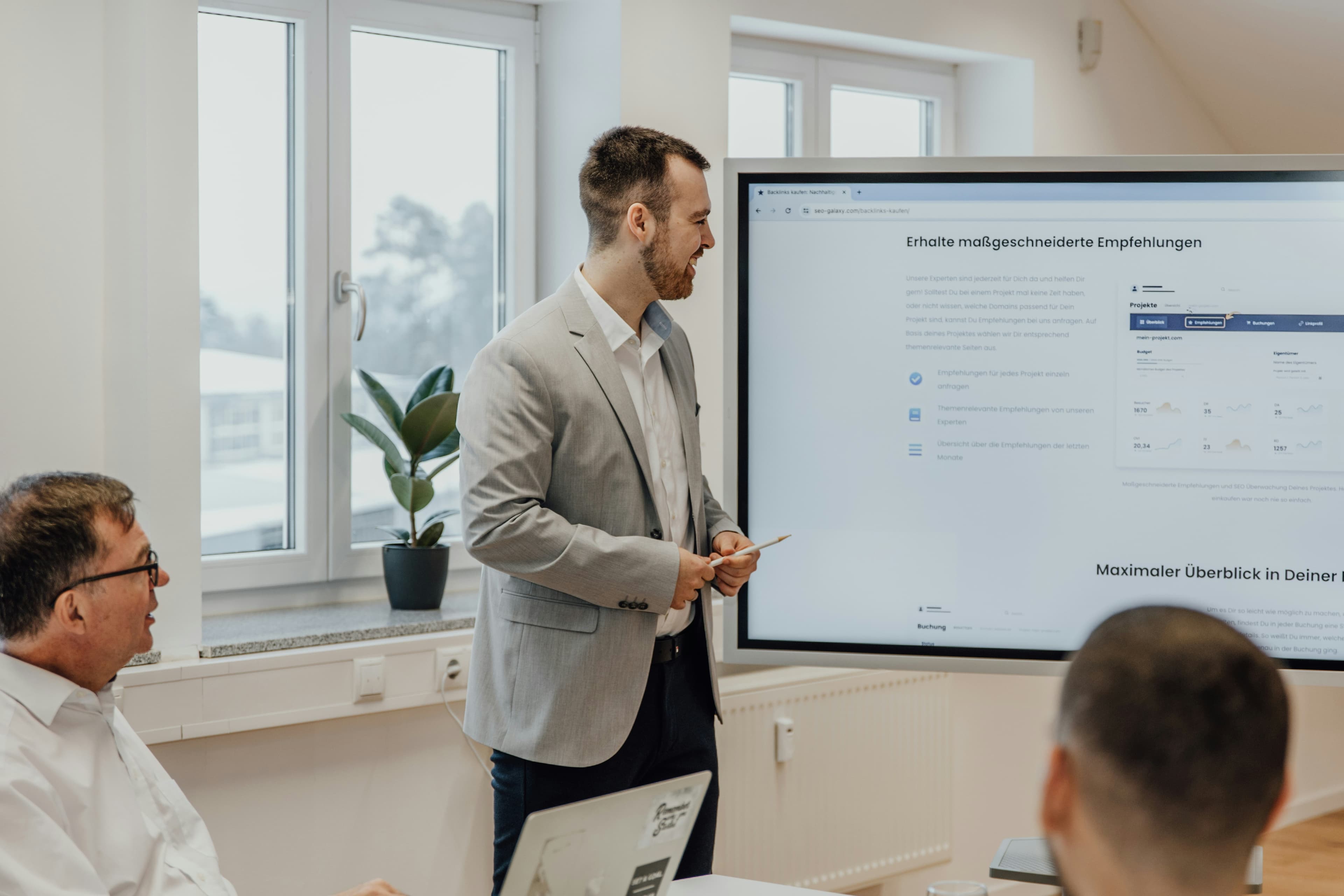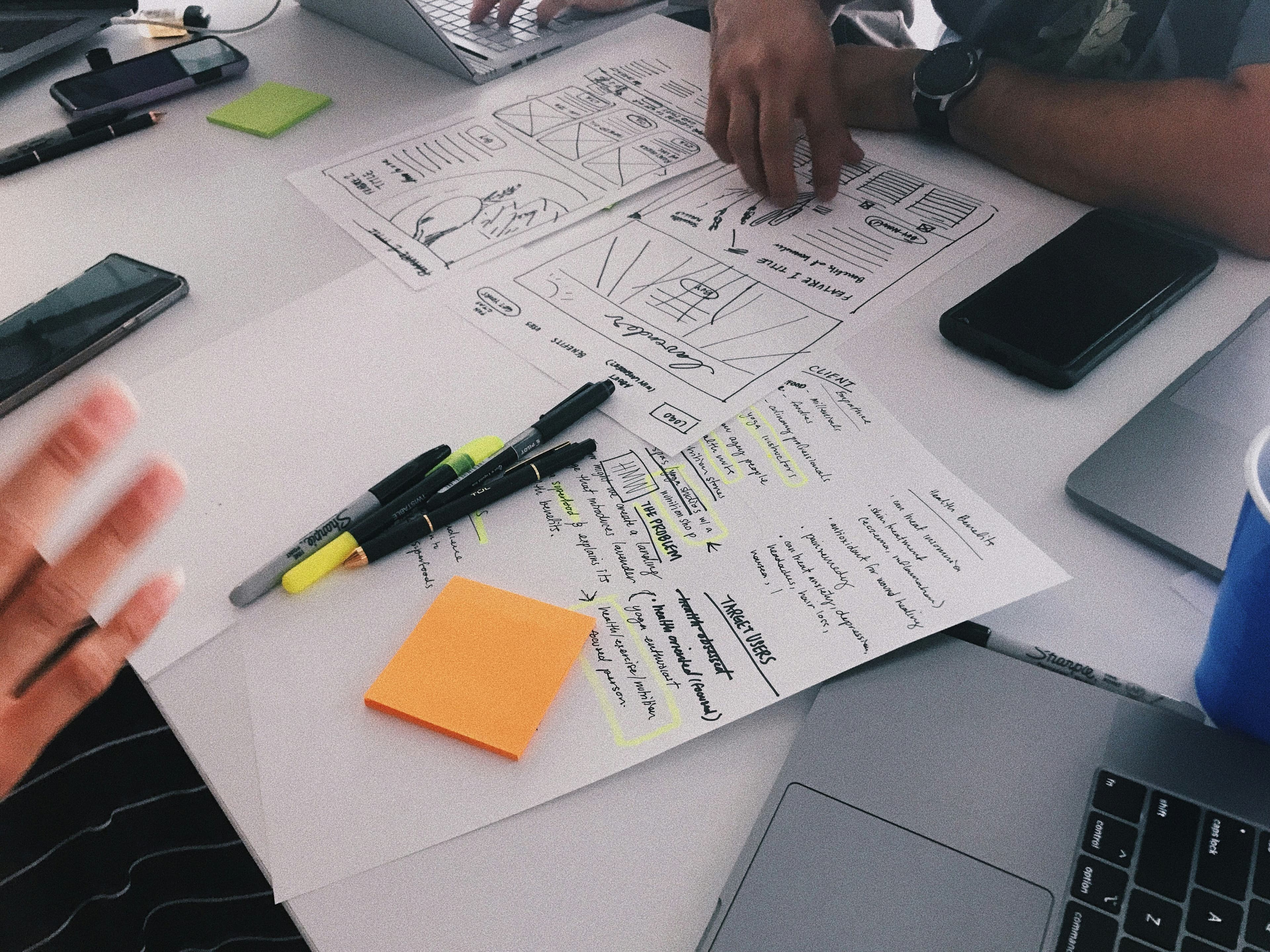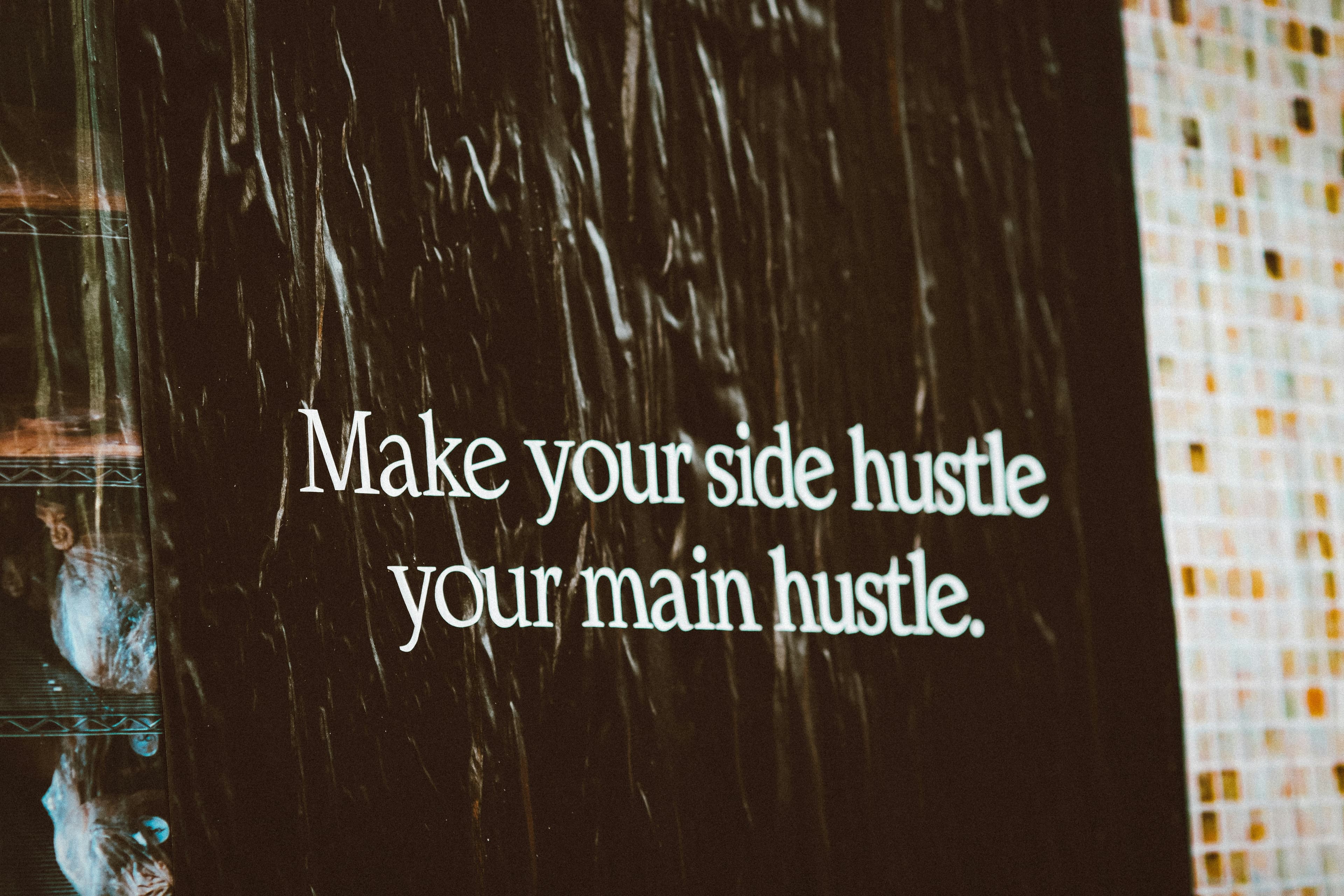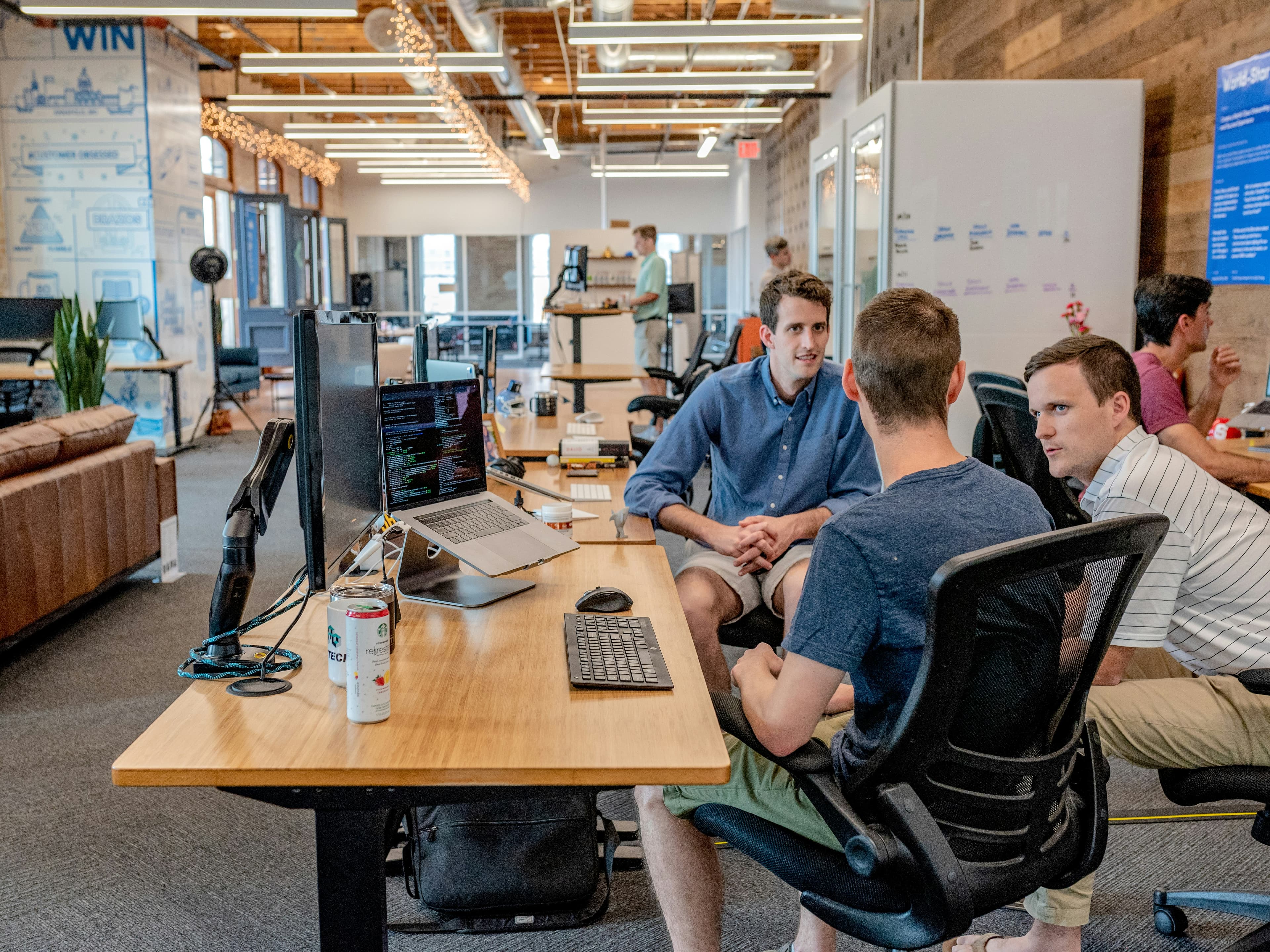What Starting Your Own Freelance Business Is Really Like

To really get what freelancing is about, it helps to see how it stacks up against a traditional job. The single biggest difference? Accountability. As an employee, you answer to your boss. As a freelancer, you answer to yourself. It’s a simple distinction that changes everything about how you work, get paid, and plan your life.
When you have a job, a predictable paycheck hits your bank account every couple of weeks. From that amount, deductions for things like income tax, social security, and maybe a 401(k) are already taken care of. Your employer also typically offers paid time off and handles the logistics of your work—they tell you when and where to be, what to work on, and provide an ongoing stream of tasks. This structure can be a huge part of in reverse.
Contrast that with the world of a . You only get paid for the work you complete, and only after you’ve sent a proper invoice. Your first project with a new client often means filling out forms to verify your freelance status and get you into their payment system. After the work is done, you send your invoice and wait for it to be processed according to their payment terms. The upside is that when the money arrives, it’s the full amount with no deductions. The downside is that you’re now responsible for setting aside a portion for your tax bill. This is a critical part of .
You Are the Business
In a typical job, the company gives you the tools you need to succeed. As a freelancer, you’re expected to bring your own. Think of it like hiring a plumber; you expect them to show up with their own wrenches and equipment. When you're hired for a service, clients expect you to have the necessary tools—and to keep them updated and in good working order. This is a core part of .
This means employees can focus on the work they’re assigned. Freelancers, on the other hand, have to split their time between the work and the work. That balancing act is the essence of .
Benefits like paid vacation and retirement are another major challenge. The old freelance rule was “no work, no pay,” and while that’s changing in some contracts, it’s still largely the reality. You also have to tackle retirement on your own. With an unpredictable cash flow, it can be tough to commit to regular contributions, and you’re entirely on your own for researching and setting up a plan. This part of can be daunting.
The Real Reasons People Choose to Freelance
Given the downsides, why would anyone choose this path? Because the comparison only tells half the story. The beauty of is the autonomy. You organize your own time. You work when and where you want. If that means spending a morning working from a coffee shop, you can. You are the boss. No one’s going to reprimand you for sleeping in after a late night.
I love the freedom of choosing my projects instead of having them handed to me, even if it means I have to find them myself. It comes down to a balance between working your business (doing the client work) and working your business (admin, marketing, networking, chasing invoices). This is the tricky part. When work is slow, it’s easy to focus on business development. But when you’re swamped with paid projects, it’s much harder to carve out time for the essential, non-billable tasks that keep the engine running.
Adjusting can be tough. Your commute might disappear, which sounds great but also removes that built-in time to mentally prepare for or unwind from the day. When your office is just a desk in the corner of a room, it can be surprisingly difficult to switch off. It can also feel isolating to go a whole day without speaking to another person. But the flip side is that you’re in complete control of your destiny. A successful lets you build a life that truly fits you.
Do You Have the Freelance Mindset?
This lifestyle isn't for everyone. It helps to know if your personality and circumstances align with the demands of being self-employed. Think about where you stand in these three key areas:
- Are you confident in your skills? Is there a demand for freelancers in your field? Do you have a strong professional network to tap into for work?
- Do you value independence and enjoy working alone? Are you self-disciplined and organized enough to manage your own schedule and projects without a boss looking over your shoulder?
- Can you handle an irregular income without panicking? Do you know what your skills are worth in the market, and are you comfortable asking to be paid for that value?
If you score low in any of these areas, it doesn’t mean you can’t succeed. It just highlights where you’ll need to focus your energy. A low marketplace score means you need to prioritize networking and marketing. A mindset gap suggests you might need to create more structure, perhaps by using a co-working space. And if money is the weak spot, you'll need to work on your confidence and your pitch. This is a crucial step when .
Surviving the Feast and Famine Cycle
Every freelancer deals with the dreaded “feast or famine” cycle. The famine periods, when work dries up, are stressful. Your brain might tell you that you’ll never work again. But if you’re good at what you do and actively maintain your network, that’s rarely true. Often, slow periods are just seasonal—many businesses pause new projects in July, August, and December.
Instead of worrying, use these quiet times to work your business. Reach out to new potential clients you’ve wanted to connect with. Refine your portfolio. When you're busy or full-time, you never have time for this, so treat famine as an opportunity.
Feast periods, when you have too much work, bring their own challenges. It’s tempting to say yes to everything, but it’s a quick path to burnout and delivering subpar work. Before accepting a new project when you’re already swamped, be realistic about your capacity. It’s better to be honest with a client upfront than to let them down later. Your reputation is your most valuable asset in any .








